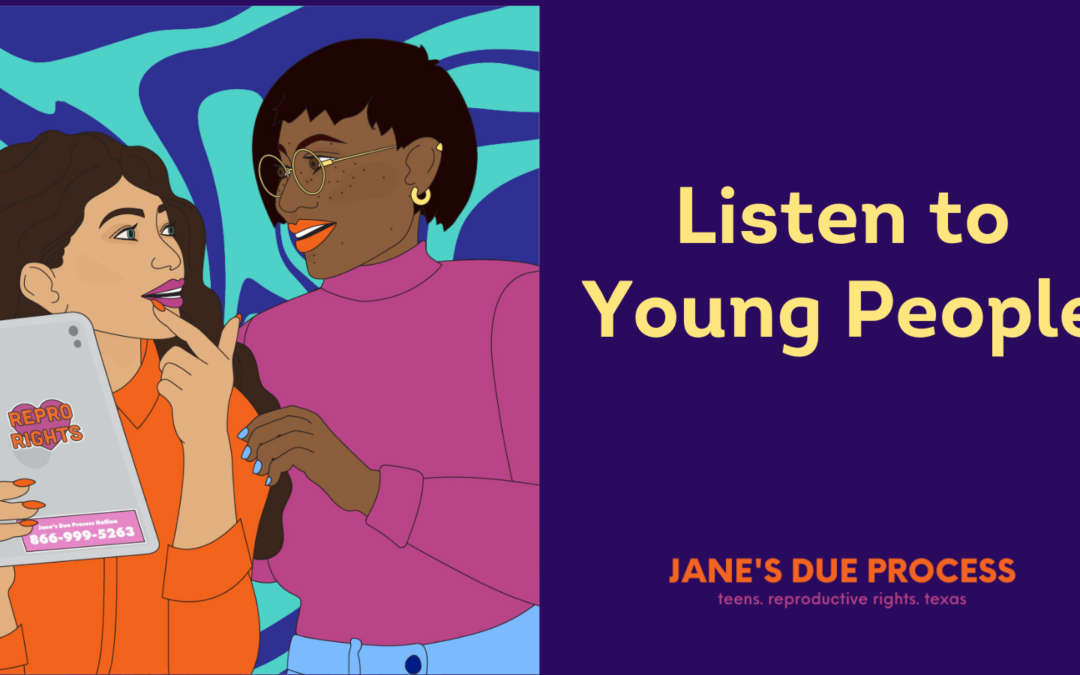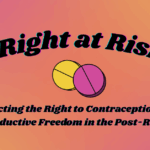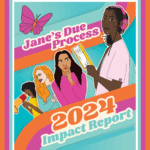By: Nox
Gender dysphoria is the condition of feeling misaligned with the gender one is assigned at birth. Gender dysphoria is a topic with virtually no coverage. However, the trans people who experience dysphoria often feel its impact in every aspect of their lives. Because of the nature of dysphoria, there is limited accessibility to proper healthcare and appropriate health/sexual education. Furthermore, gender dysphoria induces feelings of social ostracization and low self esteem. As a result, transgender individuals experience higher rates of health issues, unsafe sexual practices, and suicide. Therefore, our safety is dependent on having allies who do research to understand our experiences for the sake of supporting us.
Transgender individuals lack access to appropriate healthcare due to barriers of mistreatment, lack of medical understanding towards the needs of transgender people, and an overall lack of education on transness. Due to stigmatization, transgender people are often afraid to communicate their health concerns and needs. Furthermore, informing doctors of one’s name and pronouns can be very daunting. A general lack of support from doctors is a common concern among trans people that very few health professionals appropriately address. This results in potentially debilitating stress that may entirely prevent trans people from going to doctor’s appointments and getting routine health checkups.
Another source of jeopardy towards trans people is a lack of appropriate sexual education. Sex ed in Texas provides no relevant information for LGBTQ students. Since school is the environment where students learn about sex ed and healthy relationships the most, the lack of LGBTQ content in the sex ed curriculum hurts the future health of students. Transgender people are hit hard by this because the only method of learning comes from porn that fetishizes the community and contributes to the negative sexual experiences that many trans people face on the grounds of just being trans. The danger of this is heightened if the trans person is not heterosexual. Thus, safe and informed sex is harder to come by for trans individuals. Due to having poor sexual education and often being exposed to porn at a young age to make up for the lacking education, many trans people turn to sex work for survival. Often, this is done unsafely and begins at a young age due to necessity for transition and/or physical safety (to escape an abusive environment).
Due to the risky sex that many trans youth are exposed to, proper healthcare and support are absolutely necessary to ensure some level of safety to transgender individuals. Unless healthcare becomes more accessible (which is becoming less and less foreseeable with the number of anti-trans and anti-abortion laws growing across the country), transgender people will continue to be at risk of relatively short lifespans. And unless individual healthcare workers step up as allies and put in effort to influence the field of healthcare to be more open minded and gender affirming, stigmatization will continue to be a reason why trans people are avoidant of necessary healthcare. Not only do healthcare workers need to be allies for trans and queer clients, all allies should vouch for the rights of transgender people by supporting trans-positive legislature and nay-saying anti trans bills.
One of the biggest questions about trans health is whether it is likely for trans people to experience fertility. There are very few solid facts and resources on this subject. For example, the topic of fertility is highly debated which often leads pregnant trans men to have their pregnancies disregarded by health care professionals. There are no studies that show whether hormones affect the fertility of transwomen long term. Due to the astounding lack of information and blatant misinformation about the topic, many transgender people are prevented from receiving abortions and other means of reproductive healthcare.
Another overlooked risk is that transwomen and AMAB (assigned male at birth) nonbinary individuals are at a significantly higher risk of HIV compared to cisgender men, but they don’t receive the same quality of medical support that cisgender men receive. This factors into the reason for the low life expectancy among transwomen and AMAB nonbinary individuals. The other main risk factor is the rate of hate crimes against trans people.
The best thing for trans people everywhere is to have cisgender allies to help educate others about our experiences and advocate for our needs. Our rights to life, liberty, and happiness are diminished by the constant fight for basic rights and survival. Using a trans person’s designated name, pronouns, and labels are basic decency. While significant and greatly appreciated, there is a lot more that needs to be done for us to feel affirmed and embraced in our society. Battling against anti-trans legislation is one of the most important and imminent tasks right now, and trans people are relying on our cis allies to help us get through to policymakers. Whatever your place in society, whatever environment you reside in the most, vouch for transgender rights and awareness. Remember to use affirming and open minded language, and correct others when mistakes are made in regards to someone’s identity. Understand that biology is not strictly limited to man or woman and that bodily functions aren’t limited to gender either.
Finally, there are several essential resources available to trans people. Among them are the Transgender Education Network of Texas, the NW Network (a resource for LGBT survivors of abuse), the LGBT National Help Center (an org that provides peer support and identifies other resources for community members based on need), The Network/La Red (another resource for queer people experiencing intimate partner violence), the Trevor Project (a crisis intervention organization for LGBTQ youth), mutual aid, Trans Lifeline (a nonprofit counseling service run by trans volunteers), and the Transgender Resource Guide provided by OutYouth. There is a youth-specific group organization called Q+ EDU that hosts virtual queer-focused activities that raise awareness on LGBTQ+ issues and provide a sense of community to LGBTQ+ youth. Be sure to do your own research on what other resources may be local to you. Some organizations fund gender affirming surgeries and/or have gender affirming clothing drives/giveaways. There are also organizations such as the Transgender Law Center that specialize in fighting for policy changes that support trans people.
Overall, there are many important changes that need to be made for transgender people to be safe and healthy. Society must collectively work to preserve our lives through vouching for our rights to life and self autonomy. The healthcare system and lack of trans positive education are arguably the main reasons for why transgender people have relatively low life expectancies. With enough support, we can overcome this.
About the Author:
I’m Nox, a nonbinary/genderqueer individual. I have an intense interest in queerness, and it’s been a subject I’ve devoted a lot of time learning about for years. I like to write from a perspective that is directly connected to my experience with transness and the way it correlates with my perspective on daily life as a neurodiverse (autistic and ADHD) person. I’m 18, and I’m a proud student at University of Texas in Austin. I enjoy doing drag and spending time with my very fun roommate.




